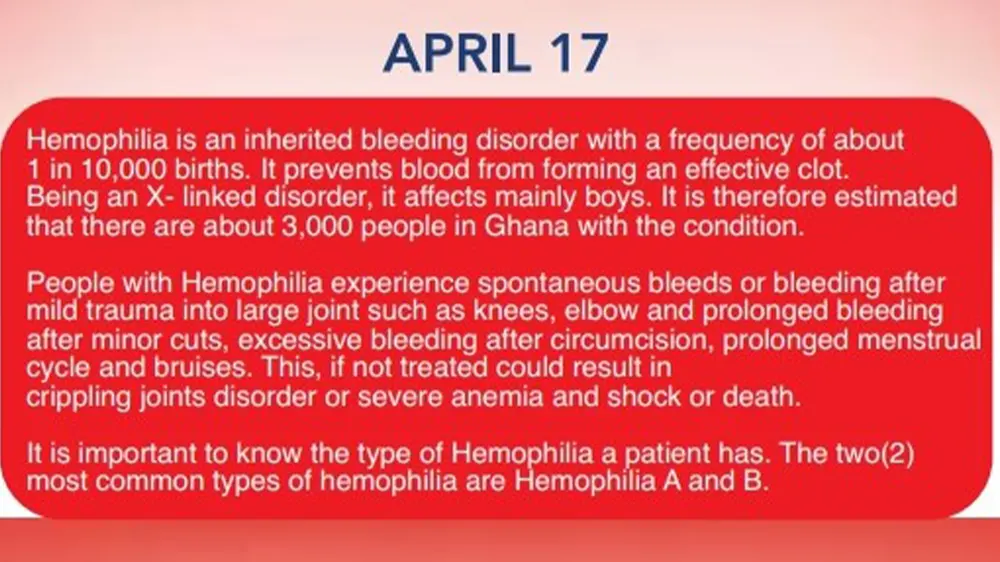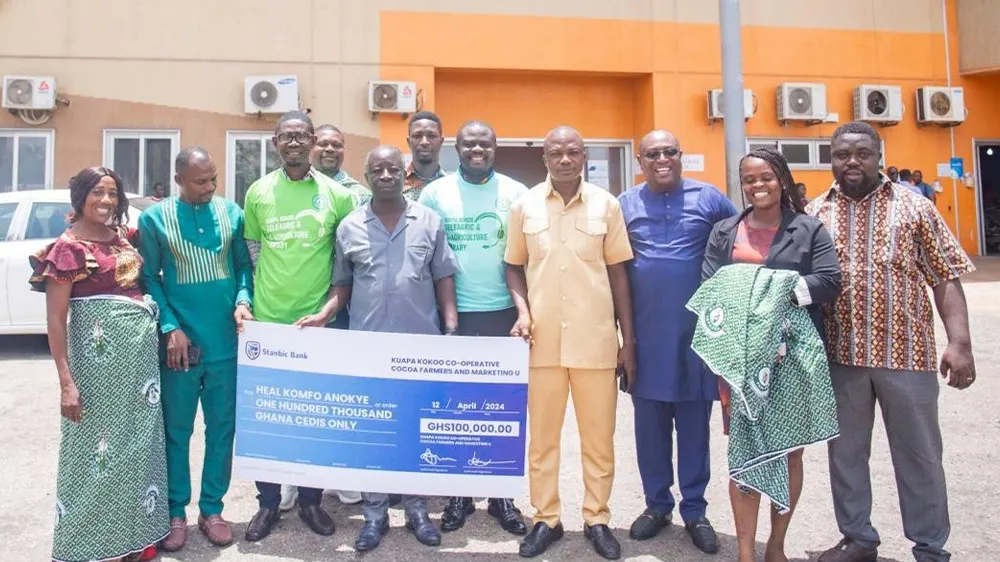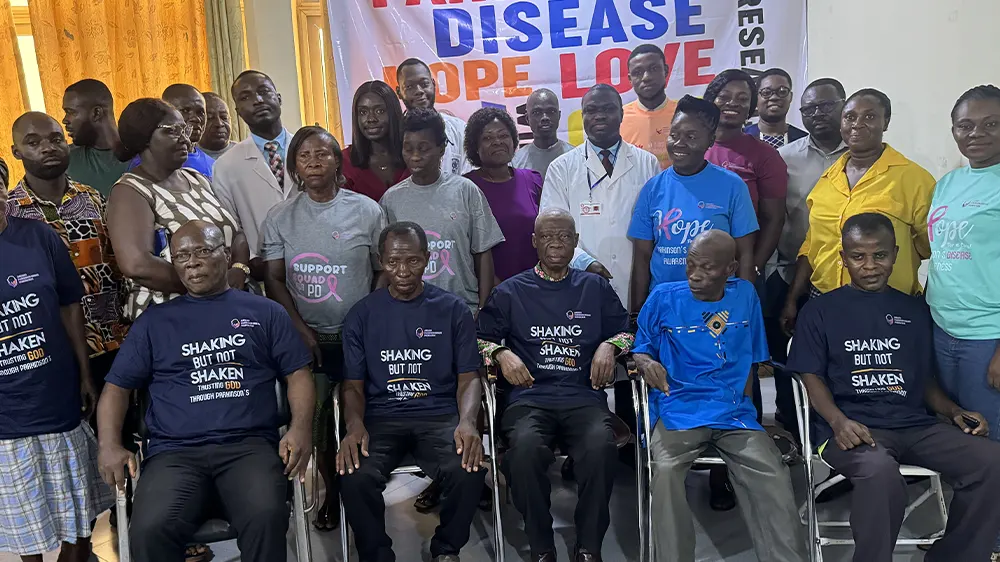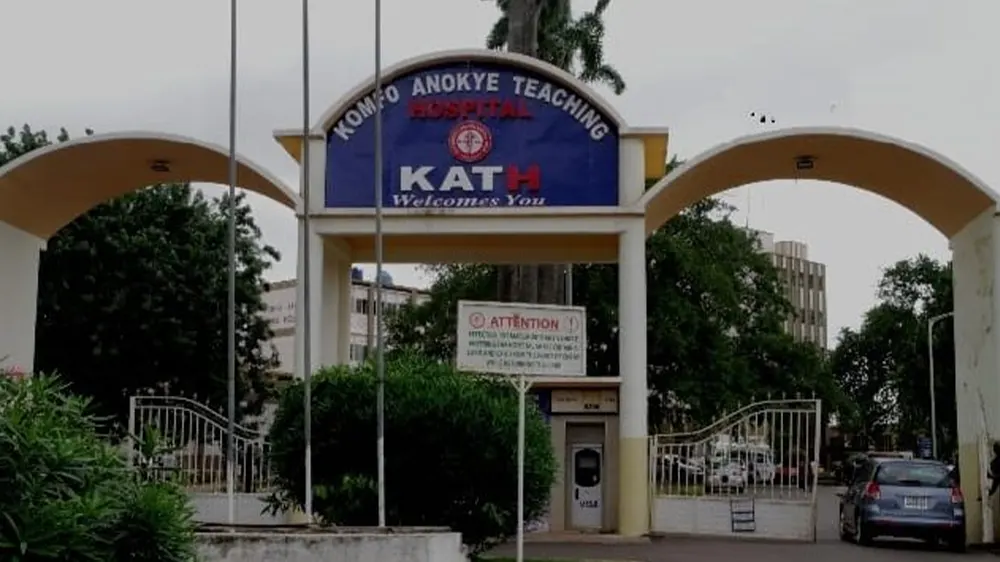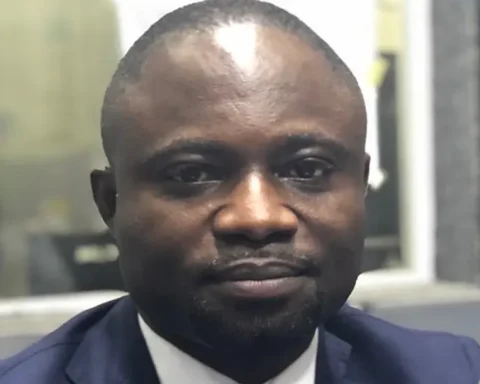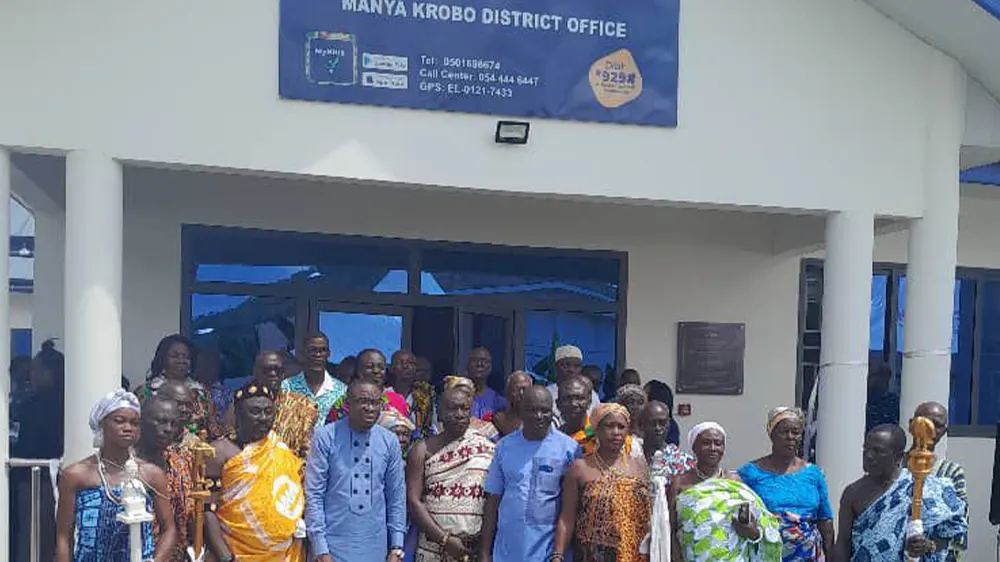Dr. Yaa Gyamfua Oppong Mensah, a Specialist Pediatrician at the Komfo Anokye Teaching Hospital (KATH), has revealed that the hospital has diagnosed more than 500 patients with Hemophilia, a bleeding disorder characterized by insufficient blood-clotting proteins.
While acknowledging this number, Dr. Mensah emphasized that the estimated prevalence suggests there could be over 3000 people living with haemophilia in Ghana. This indicates a need to identify and diagnose over 2000 potential patients to ensure they receive comprehensive care.
As Ghana observes World Hemophilia Day on April 17, Dr. Oppong emphasized the importance of equitable access to care for all patients with inherited bleeding disorders, including haemophilia. The theme for this year, “Equitable access for all,” underscores the need to raise awareness and ensure adequate care is accessible to every patient in communities worldwide.
Dr. Mensah called on the government to consider adding haemophilia to the diseases covered under the National Health Insurance Scheme (NHIS). This move would not only alleviate the burden on affected families but also help bridge the gap in care for these patients.
Patients with haemophilia commonly present symptoms such as joint and muscle bleeds, easy bruising, nose and gum bleeds, and post-vaccination bleeds. Cord bleed, scalp bleeds, and post-circumcision bleed are among the early symptoms that could indicate a diagnosis.
While gene therapy holds promise for the treatment of haemophilia, Dr. Mensah highlighted the importance of replacing the missing clotting factor as the current best treatment approach. Ghana has established two comprehensive Hemophilia treatment centres at KATH and Korle-Bu Teaching Hospital, providing patients with comprehensive care to improve their quality of life.
The Ghana Hemophilia Society (GHS), founded by Mr. Martin Boakye in 2009, plays a crucial role in educating, training health workers, and advocating for people living with haemophilia. Through the support of the World Federation of Hemophilia (WFH), the GHS receives humanitarian aid, ensuring that living with haemophilia comes at no cost to patients.
However, Dr. Mensah highlighted the financial challenges faced by patients, particularly in affording laboratory investigations required for diagnosis and management. Mothers of children with haemophilia often bear the burden alone, exacerbated by the mode of inheritance and societal attitudes.
Efforts are underway to advocate for equal attention to haemophilia care in the national healthcare system, including inclusion in the National Health Insurance Scheme. This would facilitate access to laboratory diagnosis and essential drugs for patients, addressing the challenges faced by potential patients who lack funds for screening and treatment.

